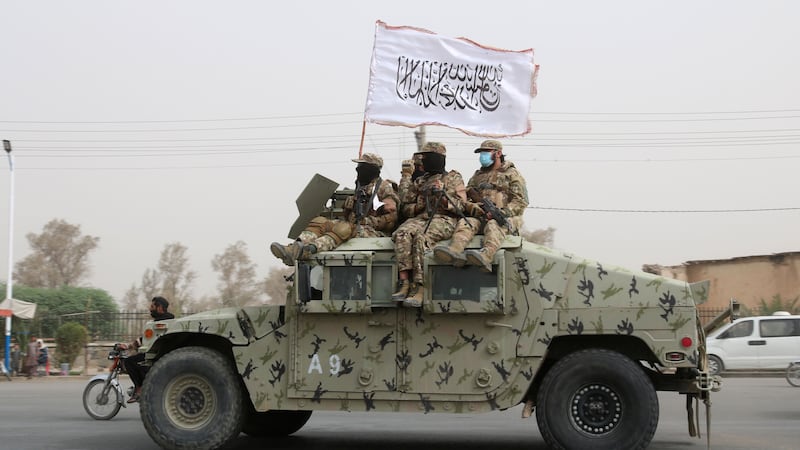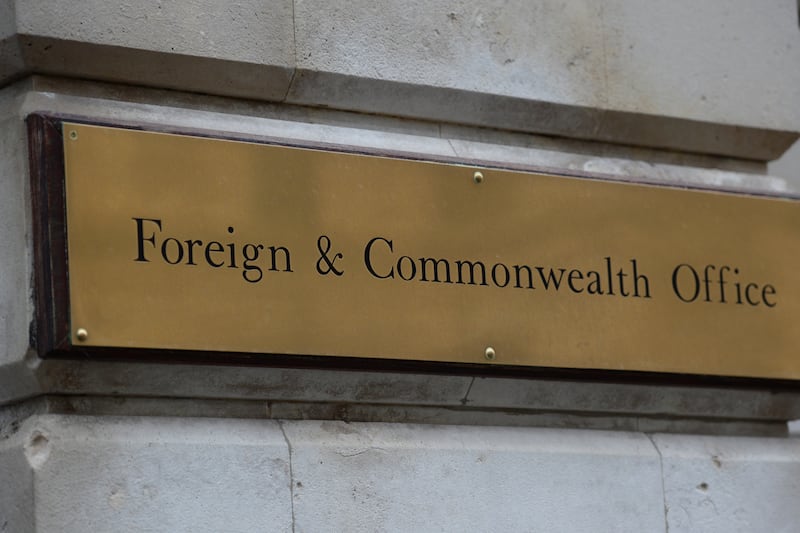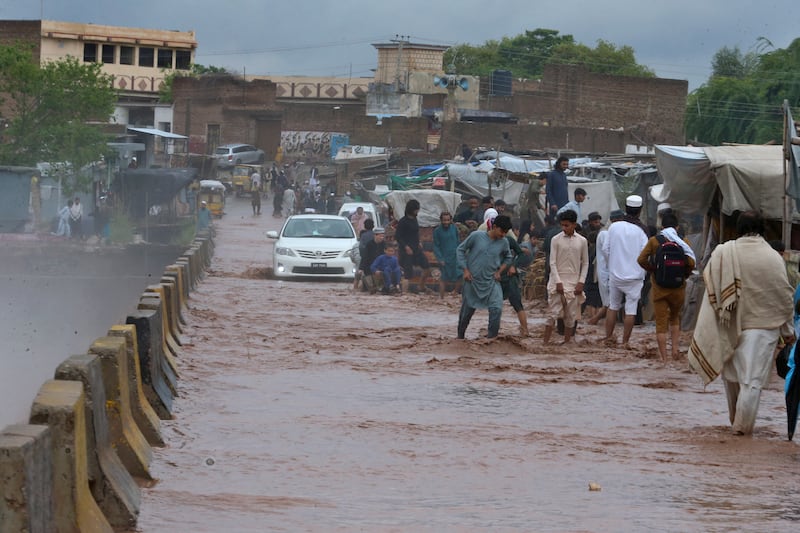More than 200 extrajudicial killings of former Afghan government officials and security forces have taken place since the Taliban took over the country two years ago, according to a UN report published on Tuesday.
The groups most targeted by the Taliban have been former army, police and intelligence forces, according to the United Nations Assistance Mission (Unama) in Afghanistan.
Unama documented at least 800 human rights violations against former Afghan government officials and security forces between August 15 2021, when the Taliban seized power, and the end of June 2023.
In a new report released today, UNAMA has documented human rights violations by the de facto authorities against hundreds of former government officials & former armed forces members of #Afghanistan between 15 Aug 2021 & 30 June 2023.
Full report👉https://t.co/TIvMKaJKwc pic.twitter.com/NBpELaQsA7
— UNAMA News (@UNAMAnews) August 22, 2023
The Taliban swept across Afghanistan as US and Nato troops were in the final weeks of their withdrawal from the country after two decades of war.
The US-trained and backed Afghan forces crumbled in the face of the Taliban advance and former Afghan president Ashraf Ghani fled the country.
“Individuals were detained by the de facto (Taliban) security forces, often briefly, before being killed. Some were taken to detention facilities and killed while in custody, others were taken to unknown locations and killed, their bodies either dumped or handed over to family members,” the report said.
UN High Commissioner for Human Rights Volker Turk said in a press release issued alongside the report that it “presents a sobering picture of the treatment of individuals affiliated with the former government and security forces”.
“Even more so, given they were assured that they would be not targeted, it is a betrayal of the people’s trust,” he said.
“I urge the de facto authorities to carefully consider the findings of this report & to uphold their obligations under intl. human rights law by preventing further violations and holding perpetrators to account" – @volker_turk, @UNhuman rights chief
More👉https://t.co/HD87xmm3Nl pic.twitter.com/wSmL3fiG8Z
— UNAMA News (@UNAMAnews) August 22, 2023
He urged Afghanistan’s Taliban rulers – the country’s “de facto authorities” – to uphold their “obligations under international human rights law by preventing further violations and holding perpetrators to account”.
Since their takeover, the Taliban have faced no significant opposition and have avoided internal divisions.
The Taliban-led Afghan foreign ministry dismissed the report, saying it is unaware of any cases of human rights violations committed by Taliban officials or employees.
“Murder without trial, arbitrary arrest, detention, torture, and other acts against human rights by the employees of the security institutions of the Islamic Emirate against the employees and security forces of the previous government have not been reported,” it said in a statement.
The report said former Afghan soldiers are at greatest risk of experiencing human rights violations, followed by police and intelligence officials. Violations were recorded across all 34 provinces, with the greatest number recorded in Kabul, Kandahar and Balkh provinces.
“The de facto authorities must demonstrate a genuine commitment to the general amnesty. This is a crucial step in ensuring real prospects for justice, reconciliation and lasting peace in #Afghanistan." – UNAMA head Roza Otunbayeva
UNAMA press release👉https://t.co/HD87xmm3Nl pic.twitter.com/k67tkehjbI
— UNAMA News (@UNAMAnews) August 22, 2023
The majority of violations took place in the four months following the Taliban takeover, with Unama recording almost half of all extrajudicial killings of former government officials and Afghan security forces during this period.
But rights violations continued even after that, with 70 extrajudicial killings recorded in 2022, the report added.
The report documented at least 33 human rights violations against former police officers in southern Kandahar province, accounting for more than a quarter of all human rights violations against former police members nationwide.
Unama documented at least 14 instances of forced disappearance of former government officials and Afghan security force members.
On October 2 2021, Alia Azizi, the former head of a women’s prison in western Herat province, failed to return home from work and her whereabouts remain unknown.
Despite reportedly initiating an investigation into her disappearance, the Taliban have not released any information about her whereabouts, the report said.
The UN documented more than 424 arbitrary arrests and detentions of former government officials and members of the Afghan security forces while more than 144 instances of torture and ill-treatment were cited in the report, including beatings with pipes, cables, verbal threats and other abuse.
"These incidents breach international human rights treaties to which the state of #Afghanistan is a party… and they betray the trust of those who were guaranteed protection," says UNAMA human rights chief Fiona Frazer.
Press release👉https://t.co/HD87xmm3Nl pic.twitter.com/nXqEHtlBvp
— UNAMA News (@UNAMAnews) August 22, 2023
The Taliban initially promised a general amnesty for those linked to the former government and international forces, but those pledges were not upheld.
The failure of the Taliban authorities “to fully uphold their publicly stated commitment and to hold perpetrators of human rights violations to account may have serious implications for the future stability of Afghanistan”, the report said.
While the Taliban announcement of a general amnesty in August 2021 “was a welcome step, it continues to not be fully upheld, with impunity for human rights violations prevailing”, said Roza Otunbayeva, head of the UN mission in Afghanistan.
She urged the Taliban to show “”a genuine commitment to the general amnesty. This is a crucial step in ensuring real prospects for justice, reconciliation and lasting peace in Afghanistan.”
Despite initial promises of a moderate administration, the Taliban have enforced harsh rules, banning girls’ education after the age of around 11/12, and barring Afghan women from public life and most work, including for nongovernmental organisations and the UN.
The measures recalled the previous Taliban rule of Afghanistan in the late 1990s, when they also imposed their interpretation of Islamic law, or Sharia.
The edicts prompted an international outcry against the already ostracised Taliban, whose administration has not been officially recognised by the UN and the international community.








